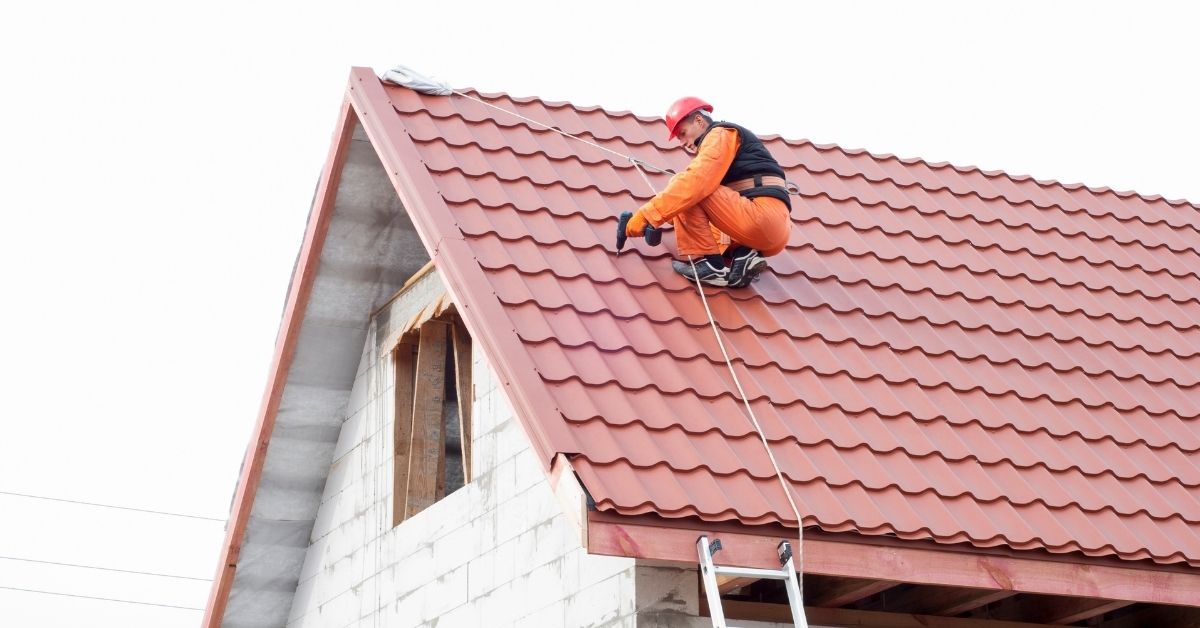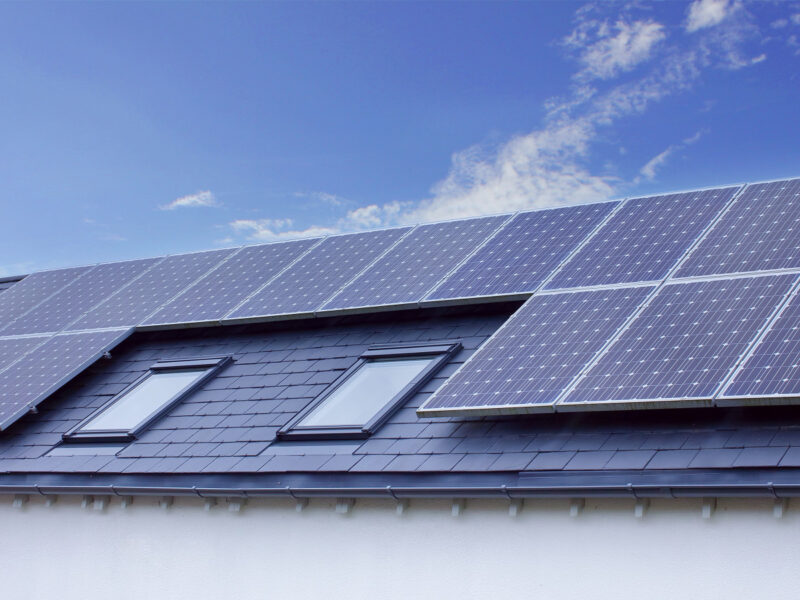The roof of a commercial building is not just a protective shield; it’s a critical component that contributes to the overall functionality, durability, and energy efficiency of the structure.
When it comes to maintaining, repairing, or installing commercial roofing systems, the expertise of a professional commercial roofing contractor is indispensable.
In this comprehensive guide, we’ll delve into the key aspects of commercial roofing contractors, exploring their role, the services they offer, and why their expertise is vital for the success and longevity of commercial properties.
Table of Contents
Understanding the Vital Role of Commercial Roofing:
Commercial roofs differ significantly from their residential counterparts in terms of size, complexity, and the challenges they face.
The roofing of a commercial building must not only withstand the elements but also meet industry-specific standards, adhere to building codes, and often integrate specialized features to accommodate the unique needs of businesses.
1. Scope of Commercial Roofing Services:
Commercial roofing contractors specialize in a wide array of services tailored to the unique demands of commercial properties.
These services include roof installation, repair, replacement, maintenance, and inspections. The goal is to ensure that the roof remains structurally sound, weather-resistant, and compliant with industry standards.
2. Roof Installation Expertise:
Whether constructing a new commercial building or undertaking a significant renovation, commercial roofing contractors play a crucial role in the installation process.
They possess the knowledge to assess the specific needs of the business, recommend suitable roofing materials, and execute the installation with precision to guarantee longevity and performance.
3. Emergency Repairs and Maintenance:
Commercial roofs are susceptible to wear and tear, weather damage, and unforeseen emergencies.
A reliable commercial roofing contractor offers emergency repair services to address issues promptly, minimizing downtime and preventing further damage.
Additionally, routine maintenance services help extend the lifespan of the roof by identifying and addressing potential problems before they escalate.
4. Roof Replacement Considerations:
As commercial roofs age or incur significant damage, the need for replacement arises. Commercial roofing contractors conduct thorough assessments to determine if roof replacement is the most cost-effective solution.
When replacement is necessary, they guide businesses in selecting suitable materials and execute the replacement with minimal disruption to daily operations.
5. Energy-Efficient Solutions:
With a growing emphasis on sustainability, energy-efficient roofing solutions have become a priority for many businesses.
Commercial roofing contractors specialize in implementing energy-efficient roofing systems that enhance insulation, reduce energy consumption, and contribute to cost savings over the long term.
6. Compliance and Building Codes:
Navigating the complex landscape of building codes and compliance standards is a daunting task for property owners.
Commercial roofing contractors stay abreast of the latest regulations, ensuring that the roofing system meets all necessary codes.
This not only ensures the safety of the building but also protects businesses from potential legal and financial implications.
7. Specialized Roofing Systems:
Certain industries, such as healthcare, manufacturing, or technology, may require specialized roofing systems to meet unique operational needs. Commercial roofing contractors are equipped to design, install, and maintain these specialized systems, providing tailored solutions for diverse business requirements.
8. Flat Roof Expertise:
Many commercial buildings feature flat or low-slope roofs, presenting distinct challenges in terms of drainage and maintenance.
Commercial roofing contractors specializing in flat roofs possess the expertise to address the specific nuances of these roofing structures, implementing effective solutions for water runoff and maintenance.
9. Insurance Claims Assistance:
In the aftermath of severe weather events or accidents, businesses may need to file insurance claims for roof repairs or replacements.
Commercial roofing contractors can assist in documenting damage, providing detailed assessments, and working with insurance providers to streamline the claims process for a quicker resolution.
10. Safety and Professionalism:
Safety is paramount in commercial roofing projects. Professional commercial roofing contractors prioritize safety protocols for both their workers and the occupants of the building.
They invest in training, adhere to industry safety standards, and implement measures to mitigate risks associated with roofing projects.
Choosing the Right Commercial Roofing Contractor:
Selecting a reputable and qualified commercial roofing contractor is a critical decision for businesses.
When making this choice, consider factors such as the contractor’s experience, certifications, track record, references, and the ability to provide a comprehensive range of services.
Additionally, a transparent and communicative contractor who values client relationships is key to a successful roofing project.
Conclusion: Investing in Long-Term Roofing Success
A commercial roofing contractor is not just a service provider; they are a strategic partner in safeguarding the integrity of a commercial property.
From installation to emergency repairs and sustainable solutions, their expertise is instrumental in ensuring that the roof remains a reliable asset for the business.
As businesses evolve and adapt to changing needs, partnering with a trusted commercial roofing contractor becomes an investment in the long-term success, durability, and resilience of the commercial property.



